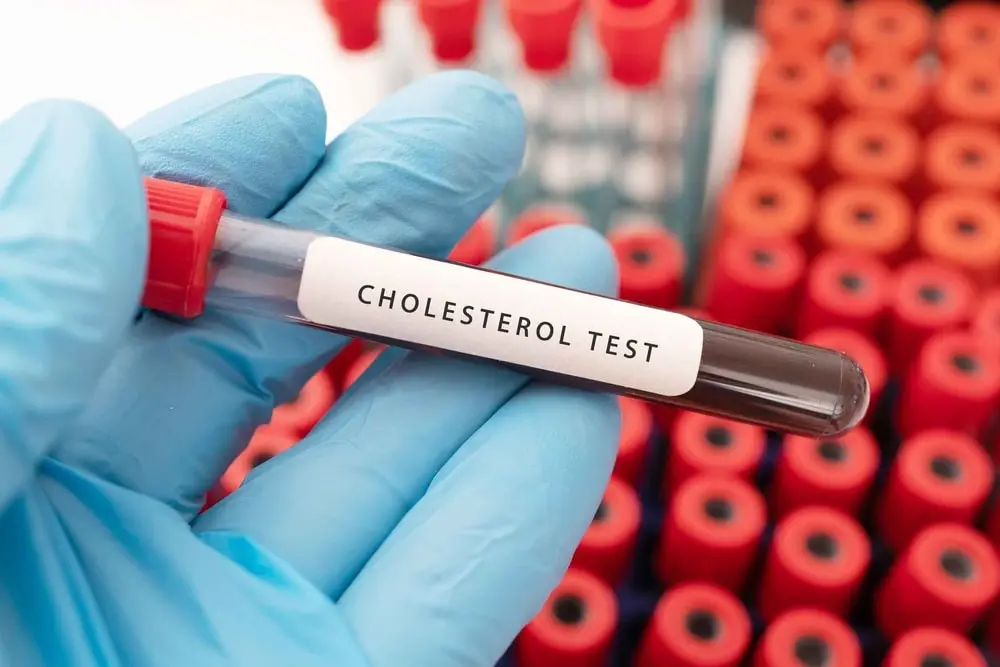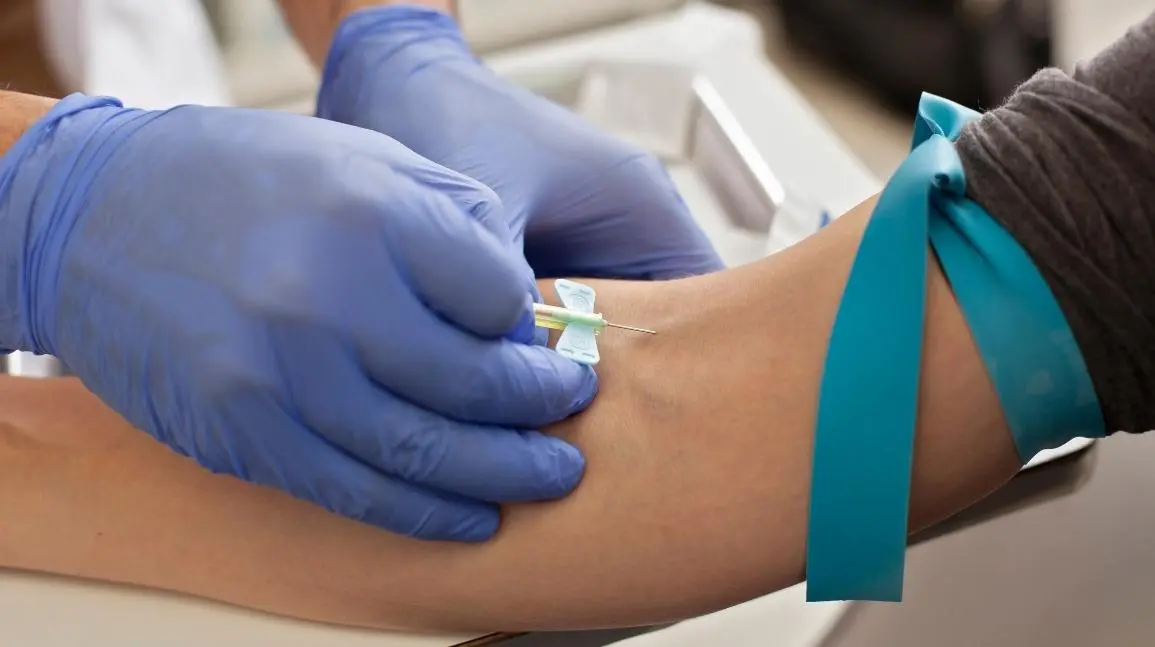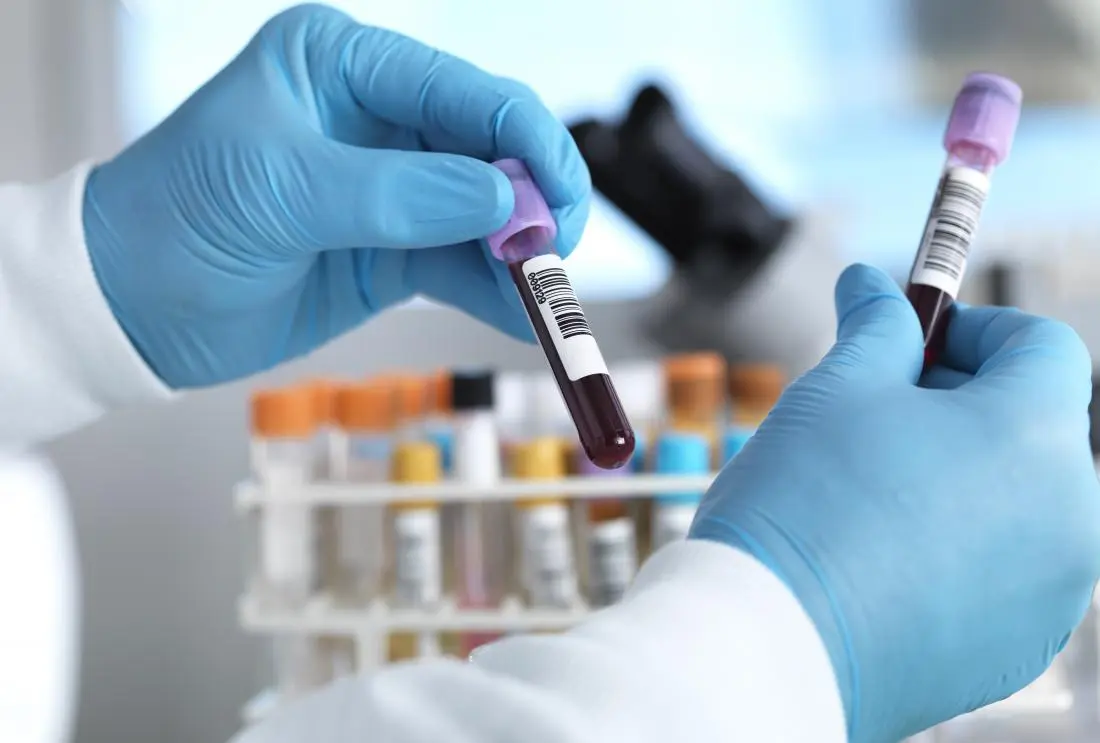Cholesterol Test in Abu Dhabi
Elyzee Hospital is one of the best medical centers in Abu Dhabi specializing in Gynaecology.

Cholesterol Test in Abu Dhabi
A cholesterol test, known as a lipid profile or cholesterol panel is a procedure that examines the levels of cholesterol and triglycerides in the bloodstream. It plays a role in assessing health and identifying potential risk factors related to heart disease. In this guide we delve into the world of cholesterol testing highlighting its advantages identifying individuals for the test explaining the consultation and preparation process describing how the procedure is conducted discussing what to consider after the test outlining the final results obtained offering a concluding perspective, on its significance and addressing common questions to provide a comprehensive understanding of this crucial aspect of healthcare.
The benefits of this procedure
Testing cholesterol provides advantages especially when it comes to evaluating the risk of cardiovascular issues and preventing heart disease. Healthcare professionals can pinpoint individuals who may be prone to developing atherosclerosis, a condition that can result in heart attacks and strokes, by gauging cholesterol levels. By detecting cholesterol levels and addressing them through lifestyle modifications and medication the likelihood of experiencing cardiovascular events can be significantly decreased.

The best candidate for this procedure
The ideal individuals for cholesterol testing encompass adults across all age groups those who possess risk factors associated with heart disease. People with a family background of cholesterol or heart disease individuals who smoke, have diabetes, are overweight or have high blood pressure face elevated risks and should undergo cholesterol testing. Moreover people already diagnosed with heart disease or those taking medications to lower cholesterol may require monitoring.
Consultation with a Doctor and Preparation for the Procedure
When it comes to checking cholesterol levels it’s usually necessary to have a discussion with a healthcare professional, like a care doctor or heart specialist. During this conversation the provider will review your history, risk factors and overall heart health. Based on this evaluation they may suggest getting a blood test called a lipid profile. To ensure results its typically recommended to fast for 9-12 hours before the blood sample is taken. It’s also important to let your healthcare provider know about any medications you’re currently taking.
What's Happening During the Procedure
A cholesterol test involves a healthcare professional or phlebotomist drawing a blood sample from a vein, in your arm to analyze the types of fats in your bloodstream, such as cholesterol, LDL (low density lipoprotein) cholesterol, HDL (high density lipoprotein) cholesterol and triglycerides. The collected sample will then be sent to a laboratory, for analysis. In instances point of care testing may yield results.
After the Procedure and Recovery
There is typically no downtime or recovery period required for a cholesterol test as it is a painless procedure. After the blood is drawn you can go about your activities without any restrictions. The lab will analyze the blood sample. You can expect to receive the results within a few days. Once you have the results you can have a conversation with your healthcare provider about your cholesterol levels and any potential risk factors for health.
Final Result
The outcome of a cholesterol test gives insights into a person’s lipid profile. It includes measurements of cholesterol, LDL cholesterol, HDL cholesterol and triglycerides. These numbers help evaluate the risk of issues. If a person has levels of LDL cholesterol or triglycerides and low levels of HDL cholesterol it might suggest an increased likelihood of heart disease. The healthcare professional will analyze the results. Suggest actions, which could involve making lifestyle changes or taking medications.
Conclusion
Regularly checking cholesterol levels is an aspect of assessing health and preventing heart disease. By monitoring cholesterol both individuals and healthcare professionals can make choices regarding lifestyle adjustments and medical interventions effectively reducing the chances of developing heart related issues. Making cholesterol testing a priority in healthcare contributes to overall cardiovascular outcomes and enhances overall well being.

FAQ
The frequency of getting your cholesterol levels checked depends on your risk factors and medical background. As a rule of thumb it’s recommended for adults to undergo a cholesterol test every five years. However individuals, with known risk factors or who already have heart disease might need testing.
Making changes to your lifestyle involves adopting a diet that promotes heart health by avoiding foods, saturated and trans fats. Regular exercise, maintaining a weight, giving up smoking and limiting alcohol consumption are also important. These adjustments can effectively lower LDL cholesterol levels. Decrease the risk of issues.
Cholesterol testing is a safe and routine procedure with minimal risks. Some individuals may experience mild discomfort or bruising at the blood draw site. It is essential to follow fasting instructions and inform the healthcare provider of any medications or medical conditions to ensure accurate results.
Make An Appointment

